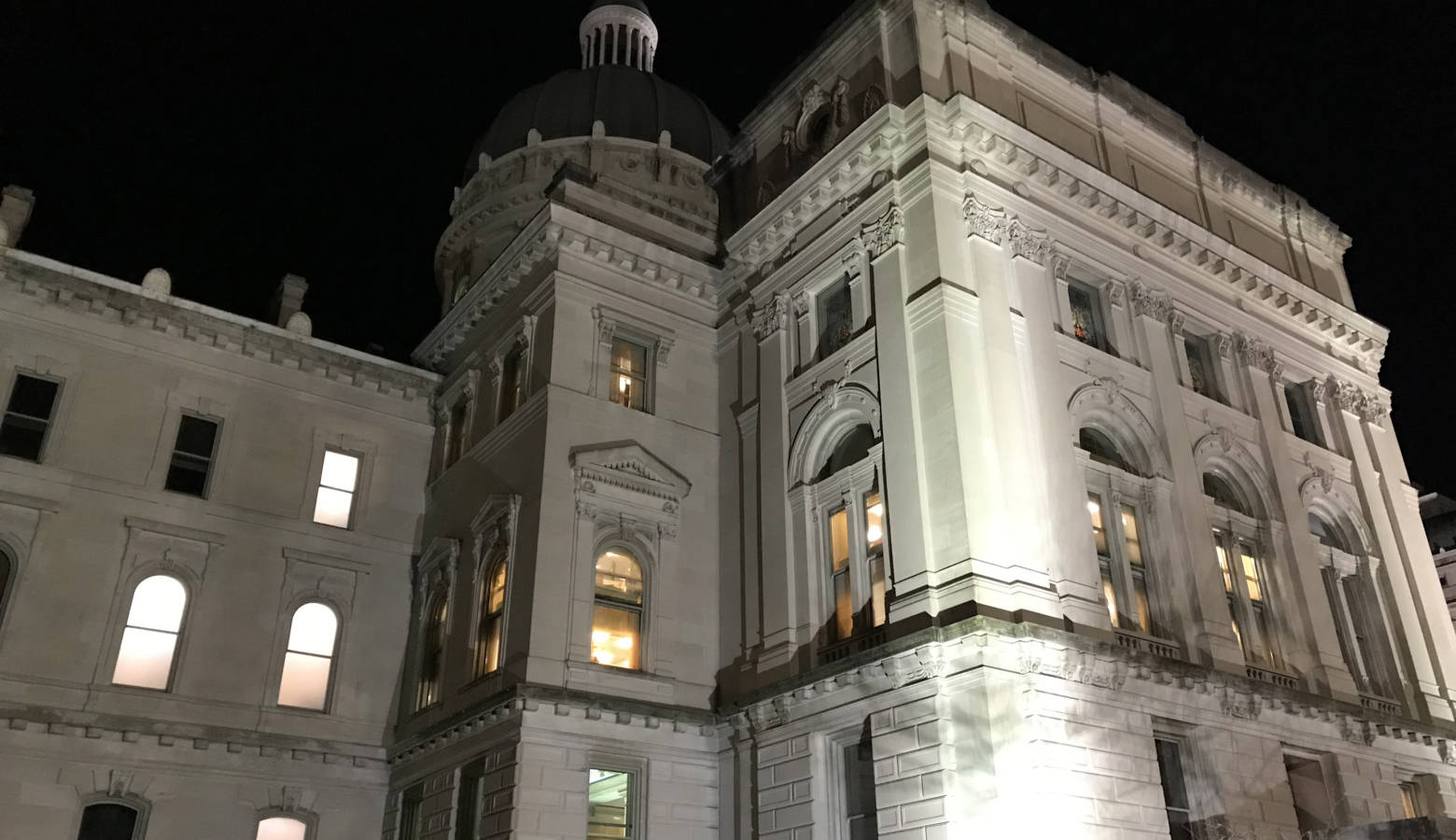Hate Crimes Laws Don’t Often Lead To Hate Crimes Charges

New research from Center for Research on Inclusion & Social Policy at the Indiana University Public Policy Institute suggests hate crimes laws aren’t used as often as they could be.
The study comes amid a contentious debate this legislative session over whether Indiana should enact a hate crimes statute.
Researchers analyzed more than 300 bias-motivated homicides around the country over nearly three decades. And hate crimes charges were filed in less than one-third of those cases.
Researcher Samantha Buran says an important component to include in any hate crimes law is required training for law enforcement.
“Training in accurately identifying, recording and then reporting it to some central database,” Buran says.
The research also found that hate crimes charges are brought disproportionately based on the victim. For instance, anti-sexual orientation and gender identity prejudice accounted for nearly half of bias-motivated homicides. But those crimes represent only about one-third of cases in which charges were filed.
